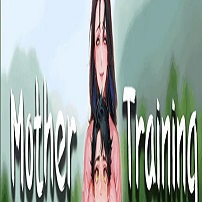The topic of turn-based games in the realm of role-playing games (RPGs) is a recurring theme in gaming discussions, and the recent release of Clair Obscur: Expedition 33 has reignited the debate. This game, which launched last week, has been widely praised by IGN and other reviewers as an outstanding RPG. It proudly showcases its inspirations, featuring a turn order, Pictos to equip and master, zoned-out "dungeons" to explore, and an overworld map.
In an interview with RPGsite, producer Francois Meurisse explained that Clair Obscur was designed as a turn-based game from the outset, drawing significant inspiration from classics like Final Fantasy VIII, IX, and X. Additionally, the game incorporates elements from Sekiro: Shadows Die Twice and Mario & Luigi, utilizing quick-time events for attacks and parrying/dodging for defense. This blend results in a turn-based experience that feels traditional during strategy phases but more action-oriented during combat execution, sparking considerable interest and discussion.
Social media has been abuzz with fans citing Clair Obscur's success as a rebuttal to criticisms of turn-based mechanics, particularly within the Final Fantasy series. Naoki Yoshida, during the media tour for Final Fantasy XVI, discussed the shift towards more action-based mechanics in RPGs, citing a growing preference among younger audiences for real-time action over command selection. This shift is evident in recent Final Fantasy titles like XV, XVI, and the VII Remake series, which have embraced more action-driven systems.
However, the discourse around turn-based games is more complex. Square Enix has not abandoned the format entirely, as seen with the success of Octopath Traveler 2 and other releases like SaGa Emerald Beyond and the upcoming Bravely Default remaster for Switch 2. While Final Fantasy may have moved away from turn-based mechanics, the company continues to support the genre.
The question of whether Final Fantasy should emulate Clair Obscur: Expedition 33 is met with a firm "no" from many fans and critics. Each series has its unique aesthetic and narrative identity, and simply copying another game's mechanics wouldn't do justice to what makes Final Fantasy iconic. Clair Obscur stands out not just for its inspirations but for its innovative combat systems, exceptional soundtrack, and detailed world-building, showcasing the importance of originality.
Historically, debates over the direction of Final Fantasy have been common, with past discussions around games like Lost Odyssey and comparisons between Final Fantasy VI and VII. Sales figures also play a crucial role in these decisions, as Yoshida mentioned the expected sales and impact of Final Fantasy XVI while not ruling out future command-based entries.
Clair Obscur: Expedition 33 has achieved remarkable success, selling 1 million copies in just three days, which is encouraging for its developers, Sandfall Interactive and Kepler. This success, alongside other turn-based hits like Baldur's Gate 3 and Metaphor: ReFantazio, suggests that there is still a strong market for these games. However, whether this will prompt a major shift in the Final Fantasy series remains uncertain, especially given the high expectations and costs associated with major franchise entries.
Ultimately, the key takeaway from Clair Obscur's success is the importance of authenticity and originality. As Larian CEO Swen Vincke noted with Baldur's Gate 3, a high-budget game can yield high results if it's driven by a passionate creative team. This approach seems to be the way forward, rather than rehashing old debates about game mechanics.





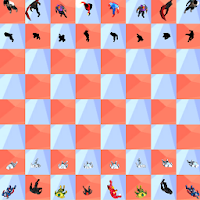

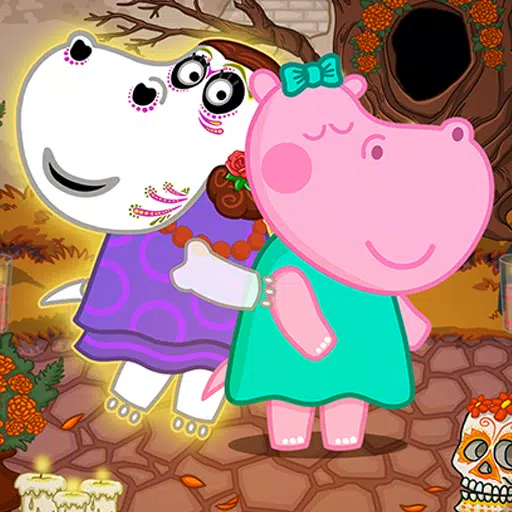








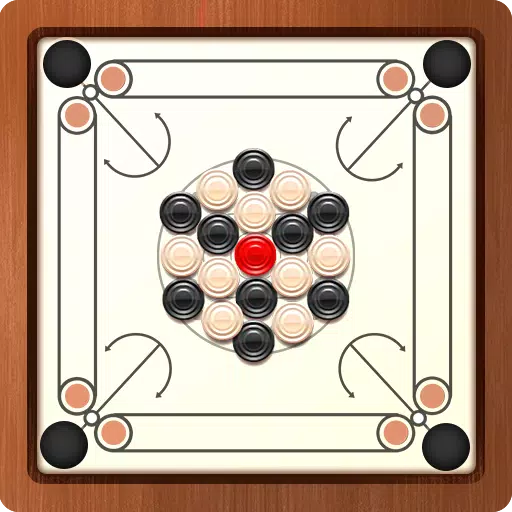







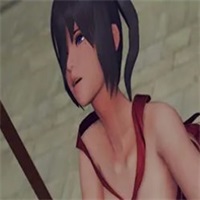

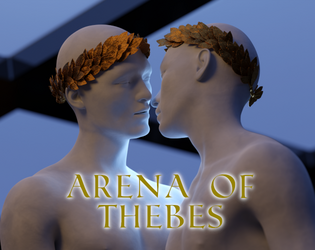
![City Devil: Restart [v0.2]](https://img.icssh.com/uploads/38/1719554737667e52b102f12.jpg)
